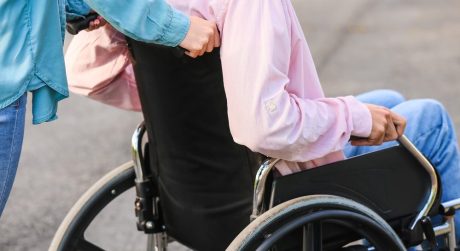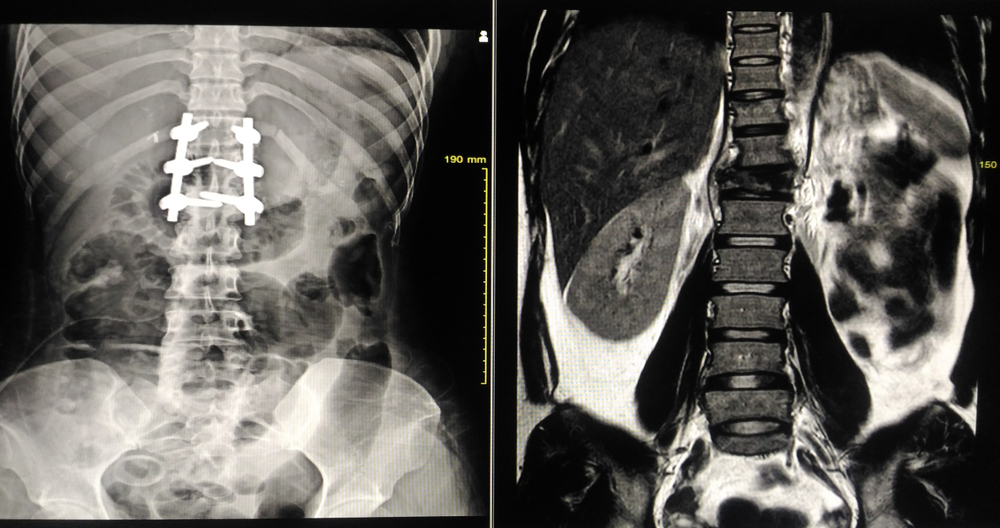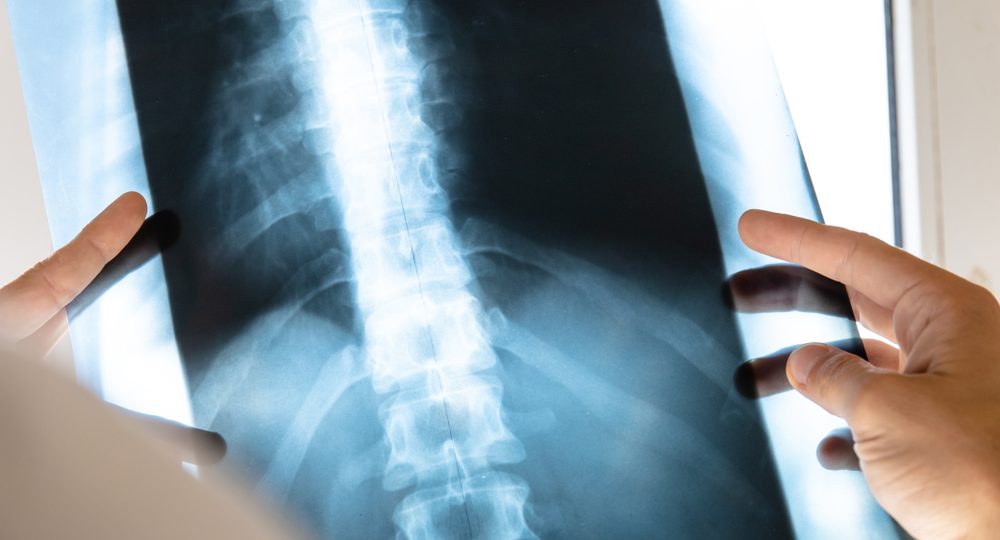Our client BC was an active retiree when he attended his GP and subsequently hospital to treat what he initially thought was a cold. In fact, he had a spinal infection that was not diagnosed and treated quickly, resulting in a failure to make a full neurological recovery and a return to normal function which would have been the case but for the negligence.
Amy Fielding, Partner, and Carly Ward, Senior Associate, acted for BC in his spinal cord injury claim, leading to multi-million pound settlement.
Background
In early 2019, BC suspected he had a cold. On visiting his GP, he was prescribed antibiotics and painkillers despite what would later be considered as ‘red flag’ spinal symptoms such as:
- Being feverish with hot sweats
- Cough and cold-like symptoms
- Raised inflammatory markers such as an elevated CRP (C-reactive protein, a protein made by the liver), and
- Thoracic pain.
Less than a week later, with no improvement, BC returned to his GP, who referred him for a chest x-ray that day. The x-ray findings flagged the need for a CT scan. Following a review of the scan results, the GP advised BC be admitted to hospital, with the referral letter highlighting a suspected spinal infection.
However, contrary to the GP’s concerns, on attending A&E, it was noted there weren’t any sensory deficits or motor weakness and that BC was able to mobilise. Blood cultures were taken and advice was sought from an infectious disease registrar. An urgent MRI was ordered overnight but was delayed until the next morning.
The MRI scan results showed signs of spondylodiscitis (an infection of the vertebra disc) along with an abscess and swelling of the spinal cord. A spinal biopsy was arranged, with the decision to hold off any antibiotics treatment until the biopsy was complete.
BC started to become unsteady on both feet and was experiencing restlessness in both legs. At this stage, however, it was noted that he still had power in all four limbs. Approximately a week later, he started feeling intense back pain when trying to mobilise while working with a physiotherapist. He began experiencing left leg weakness and reduced sensation, which prompted a further MRI to be requested. Several days later, he was unable to lift his left leg.
A further MRI scan showed progressing infection and a collapsed vertebra along with severe spinal compression. Following an urgent spinal opinion, BC underwent urgent spinal decompression surgery.
Regrettably, following the operation, BC’s right leg deteriorated further, which required him to undergo further reconstructive spinal surgery. Following this, he was transferred for intensive inpatient spinal rehabilitation at a specialised local spinal injury centre.
On being discharged, BC had a permanent incomplete paraplegia along with a number of other complications.
The letter of claim detailing the allegations of negligence was sent to the NHS trust. The defendant trust provided its letter of response seven months later. This admitted breaches of duty that had prevented BC from making a full neurological recovery which would have been possible had he been diagnosed and treated correctly.
Settlement
Given the admissions that were made pre-proceedings, BC received £600,000 in interim payments during the litigation.
The parties attended a settlement meeting in November 2021 in an attempt to avoid a trial and achieve an early resolution. Although this meeting was unsuccessful, shortly afterwards, a settlement was reached in the sum of £3m.
The compensation has enabled BC to stay in his family home with his spouse, making any adaptations they may require to live there for the rest of their lives. He will also be able to put in place any equipment, therapy and assistance he may need in the future to make things easier for him and his family.
Testimonial from BC’s daughter:
“We knew we had to seek legal advice after the injury and contacted a number of legal practices for help.
“We chose Stewarts because of their immediate professionalism, their obvious knowledge base and their strong reputation.
“The team, headed up by Amy and Carly, were understanding and empathetic, provided regular updates and made the process very smooth, despite the obvious life-changing and upsetting circumstances we found ourselves in.
Amy, Carly and their team worked hard to deliver an outcome that meant things could be easier for us. We cannot recommend them highly enough.”
You can find further information regarding our expertise, experience and team on our Clinical Negligence page.
If you require assistance from our team, please contact us.
Subscribe – In order to receive our news straight to your inbox, subscribe here. Our newsletters are sent no more than once a month.







